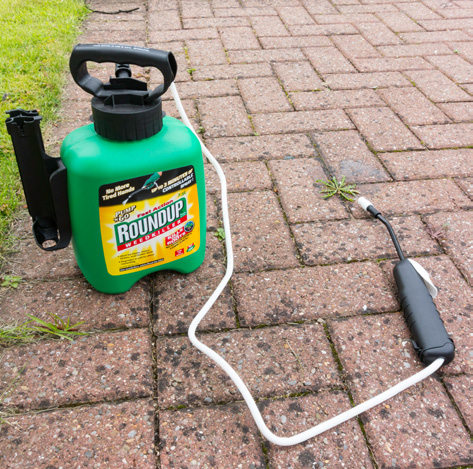1. ERISA exemption: The Employee Retirement Income Security Act of 1974 (ERISA) offers certain protections to participants in qualified retirement plans. Church plans however are specifically exempted. ln this case, a group of employees worked for a health care network formed via a merger of two hospital systems affiliated with churches. They argued that their retirement plan is subject to ERISA. The court however disagreed and ruled that the exemption for church plans applies to the church-affiliated employer.
2. Patent jurisdiction: An Indiana company shipped its products to Delaware. Another major corporation, organized in Delaware with its main place of business in Illinois, however claimed the items sent in fact infringed on its patents for similar products. The Indiana company argued that Delaware court lacked jurisdiction over the lawsuit. In affirming a prior decision, the Supreme Court held that a corporation “resides” only in its state of incorporation for this purpose, thereby rejecting a broader definition of venue.
3. Works of art: The plaintiff manufactures clothing used in cheerleading and other sports. Its designs incorporate several elements without consideration of its functionality. The plaintiff received copyrights for artwork designs that were very similar to ones the defendant began using. After the plaintiff alleged that the defendant had violated the federal copyright law, the defendant argued that they were invalid because the designs were for “useful articles,” which cannot be copyrighted. The top court held that copyright protection is allowed if a design feature incorporated into a useful article would stand alone as a work of art.
4. Bankruptcy: A trucking company filed for bankruptcy, owing about $53 million to its first-priority secured creditors and about $20 million to general unsecured creditors. Two lawsuits were then initiated: (1) an action by truck drivers regarding violations of layoff notifications and (2) a fraudulent conveyance action on behalf of the unsecured creditors. After the parties to the fraudulent conveyance action negotiated a settlement, the drivers objected to being left out. In analyzing various Bankruptcy Code provisions, the Supreme Court ruled in favor of the truckers as that bankruptcy courts may not approve structured dismissals that do not follow the priority favoring the other creditors.
5. SEC actions: The Securities and Exchange Commission (SEC) sued an investment adviser for misappropriating funds. Subsequently, the adviser was ordered to pay a $34.9 million fine. The adviser however argued this “disgorgement” remedy (to pay back illegal profits) was barred by a five-year statute of limitations. The Supreme Court however stated that because SEC disgorgement functions as a penalty, it is in fact subject to the statute of limitations. The holding is therefore viewed as a chink in this regulatory agency’s enforcement armor.
Kindly note that should you require an attorney in any of these areas, e.g. ERISA, patent/trademarks, bankruptcy and/or SEC matters, do not hesitate to contact us. Our office works with many attorneys that handle such issues.




